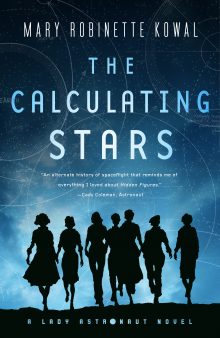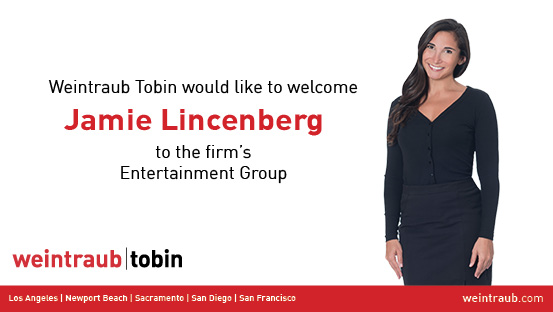WT Clients: Mary Robinette Kowal Wins Nebula Award for Best Novel
Published: May 21, 2019

Matt Sugarman client Mary Robinette Kowal received the 2019 Nebula Award for her novel The Calculating Stars. The novel is the second installment in the Hugo-award-winning author’s Lady Astronaut series, which re-envisions the history of the space race. The prestigious award is presented by the Science Fiction and Fantasy Writers of America. The first installment in the series the “The Lady Astronaut of Mars” won the 2014 Hugo Award for Best Novella.
Matt and the entire Weintraub firm extend their warm congratulations on this tremendous honor.
The Nebula Awards have been given each year since 1965 for the best novel, novella, novelette, and short story eligible for that year’s award. A full list of this year’s awards can be found in this article from The Verge.




